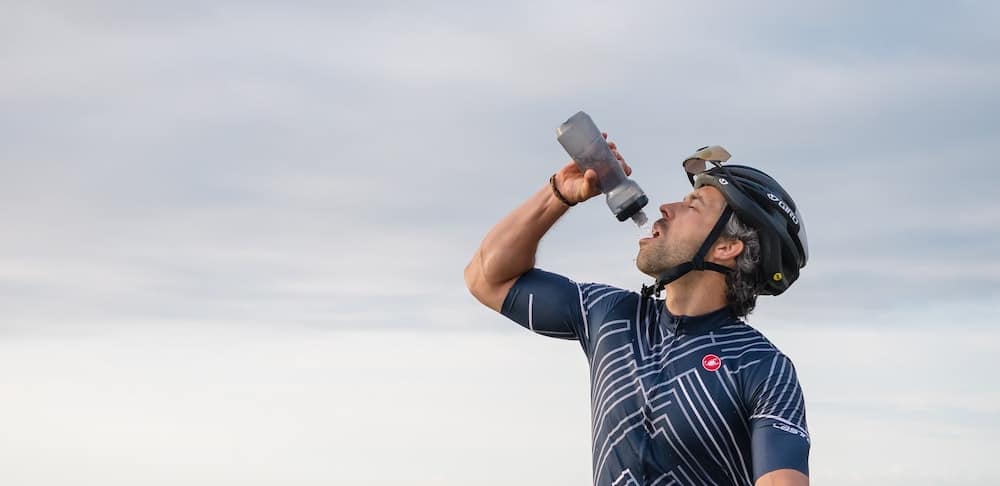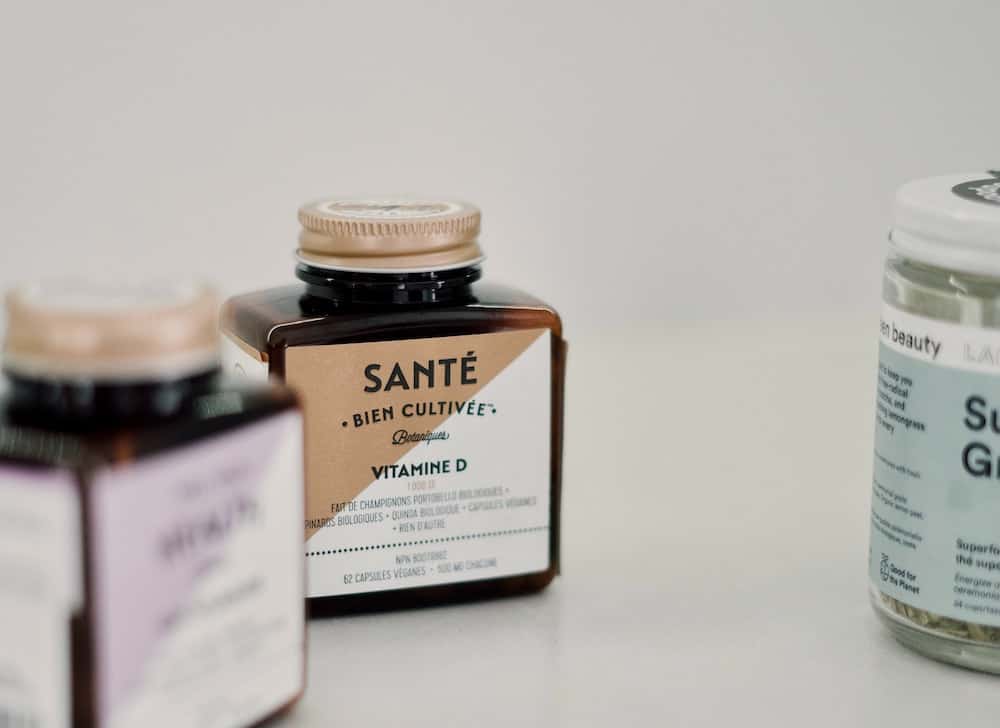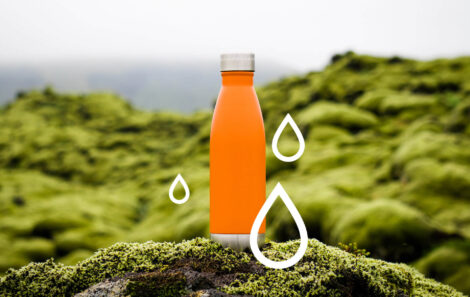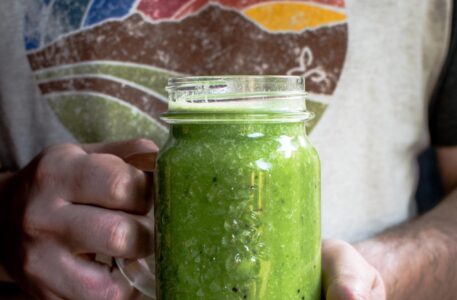
Photo by Axel Brunst
Are you a Masters Athlete? Do you ever wonder if you need to do anything different nutritionally as you age? Here are a few things to consider paying attention to when it comes to nutrition for Masters Athletes.

Photo by Bannon Morrissy
Hydration is key
As you age, it is important to pay greater attention to hydration status. Water is critical for almost all body functions; it lubricates our joints and helps pump blood to our hearts. Good hydration is key to proper health. Older adults have less water in their bodies and have a decreased thirst sensation, therefore, putting them at a greater risk for dehydration. Furthermore, it takes longer to replace body fluids and recover from dehydration as you age. Have a water bottle with you during the day to remind you to drink. Aim for pale yellow to yellow urine; avoid clear. Flavor your water with lemon or lime if that helps you drink more.

Photo by Mathilde Langevin
Natural vitamins
Absorption and utilization of natural vitamin B-12 and vitamin D forms may decrease as a person ages. Vitamin D is essential along with calcium for bone health but is also critical for optimal immune function. Vit B-12 helps keep your body’s blood and nerve cells healthy, among other functions.
Athletes older than 60 should talk to their doctors about testing vitamin levels and considering supplementation if needed. However, I highly recommend yearly bloodwork for all athletes regardless of age.

Photo by Nagendra TS
Handling muscle loss
Age-related muscle loss begins around 40 years of age. Sufficient protein can help attenuate this musculoskeletal deterioration. Older adults need more protein than younger adults to stimulate muscle protein synthesis. In addition, muscles become less sensitive to small amounts of dietary protein as one age, called anabolic resistance. Therefore, older adults need more significant amounts of protein per meal; about 35-40 grams per meal per day is ideal. Depending on their activity level, older adult athletes should aim for a total of about 1.2-2 grams of protein per kilogram of body weight per day. Ways to achieve this are by adding a few extra servings of milk, yogurt, nuts, quinoa, or eggs.
Emily Werner
Emily is a Sports Dietitian who is passionate about helping others improve their health and athletic performance through proper nutrition. She races cyclocross professionally. She lives in Roanoke, VA with her husband Kerry and their beagle Sherman.
Get the email for busy mountain bikers.
Discover the best products + gear, and learn about deals from brands you love.






